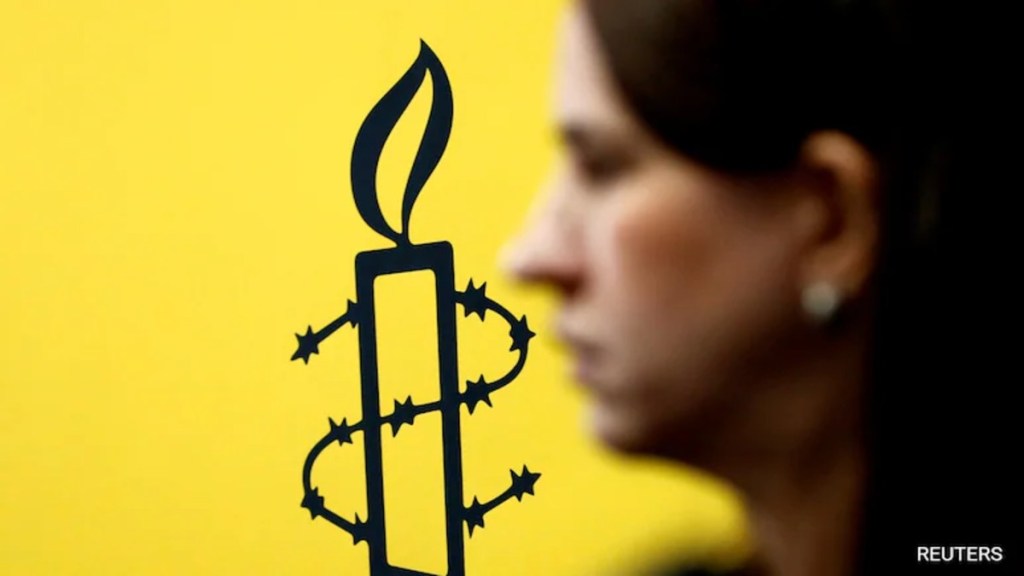Russian authorities today outlawed Amnesty International, branding the prominent human rights organisation as an “undesirable organisation.” This designation, announced by the Russian Prosecutor General’s office in an online statement, effectively criminalises any involvement with the group under a 2015 law. This comes as the latest crackdown by the Kremlin on critics, journalists, and activists, a campaign that intensified following Russia’s-Ukraine conflict started in February 2022.
Undesirable organisation label
The “undesirable” label compels Amnesty International to cease all operations within Russia. Furthermore, individuals and entities who cooperate with or support the organisation now face potential prosecution. This includes the dissemination of Amnesty International’s reports, even through social media platforms.
Amnesty International has yet to issue an official statement regarding the ban.
Russia’s ever-expanding list of “undesirable organisations” currently encompasses 223 entities, a grim roster that includes numerous independent news outlets and human rights groups. Among the notable names are Radio Free Europe/Radio Liberty, the Russian independent news outlet Meduza, the influential think tank Chatham House, the anti-corruption watchdog Transparency International, and Open Russia, an opposition group founded by exiled tycoon-turned-Kremlin critic Mikhail Khodorkovsky.
The consequences of this designation are severe, as demonstrated by the case of Open Russia. After being declared “undesirable” in 2021, the organisation disbanded to protect its members. Nevertheless, its leader, Andrei Pivovarov, was subsequently arrested and convicted on charges related to carrying out activities of an undesirable organization, ultimately receiving a four-year prison sentence. He was released in 2024 as part of a significant prisoner exchange with the West, the largest since the Soviet era.
Founded in 1961, Amnesty International has a long and distinguished history of documenting and reporting human rights violations globally and advocating for the release of individuals it considers unjustly imprisoned. The organisation has been vocal in its criticism of Russia’s actions, including its war in Ukraine, where it has accused Moscow of committing crimes against humanity. Amnesty International has also consistently condemned the Kremlin’s sweeping crackdown on dissent, which has resulted in the detention of thousands of people in recent years.
In recent statements, Amnesty International has decried the prison sentence handed down to prominent election monitoring activist Grigory Melkonyants as a “brazen and politically motivated clampdown on peaceful activism.” The group also strongly condemned the recent arrests of publishing professionals in Russia over alleged “LGBTQ+ propaganda” in books, labeling the state’s actions against literature as “as absurd as it is terrifying,” according to Natalia Zviagina, Amnesty International’s Russia director.
In its statement announcing the ban, the Prosecutor General’s office accused Amnesty International of conducting “Russophobic projects” and engaging in activities aimed at Russia’s “political and economic isolation.” This latest move signals a further shrinking of the space for independent voices and human rights advocacy within Russia, raising serious concerns about the future of civil society in the country.
(With AP Inputs)

